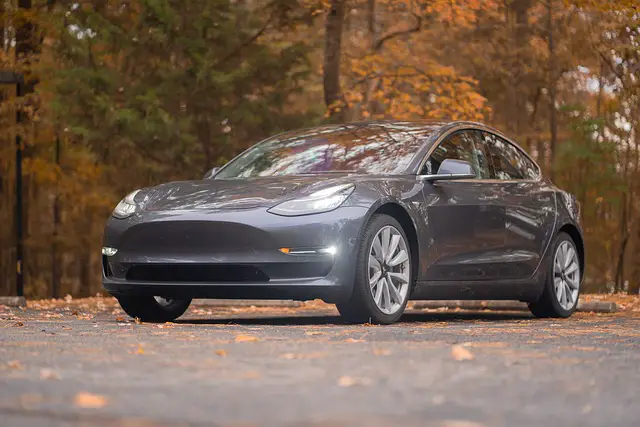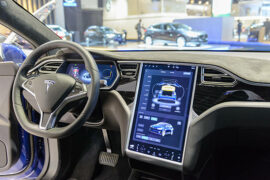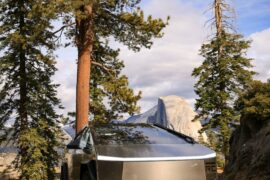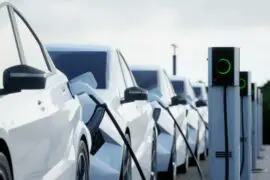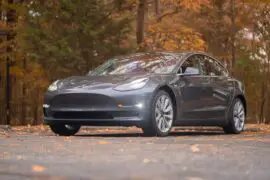In the dynamic landscape of the automotive industry, Tesla Motors has undeniably emerged as a transformative force, redefining conventional notions of vehicle design, performance, and sustainability. However, amidst its groundbreaking innovations and global acclaim, a fundamental question persists: Is Tesla an American made car? This inquiry delves into the intricate web of Tesla’s manufacturing origins, exploring the company’s roots, production facilities, and supply chain dynamics to unravel the essence of its identity as an American-made vehicle manufacturer. By dissecting the nuances of Tesla’s manufacturing processes and regulatory frameworks governing “American-made” designation, we aim to shed light on the complex interplay between innovation, globalization, and national identity in the realm of automotive manufacturing.
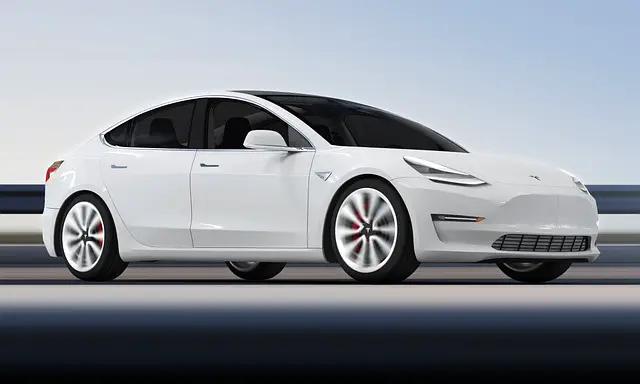
Contents
Understanding Tesla’s Origins
Tesla Motors traces its roots back to the visionary entrepreneurship of Elon Musk, whose founding of the company in 2003 marked the inception of a new era in automotive innovation. Elon Musk, renowned for his transformative ventures in technology and space exploration, envisioned Tesla as more than just a car manufacturer but as a catalyst for sustainable transportation solutions. The mission and goals of Tesla are deeply rooted in Musk’s ambition to accelerate the world’s transition to sustainable energy.
From its inception, Tesla’s core objectives have been to design, produce, and promote electric vehicles (EVs) as viable alternatives to traditional gasoline-powered cars, thereby reducing carbon emissions and mitigating the environmental impact of transportation. By marrying cutting-edge technology with a commitment to environmental stewardship, Tesla seeks to revolutionize the automotive industry and pave the way for a more sustainable future.
Tesla’s Manufacturing Facilities
At the heart of Tesla’s production operations lies its main manufacturing facility situated in Fremont, California. This sprawling complex serves as the epicenter of Tesla’s vehicle production, housing advanced assembly lines, robotics, and a skilled workforce dedicated to crafting the company’s flagship electric vehicles. The Fremont facility not only embodies Tesla’s commitment to American manufacturing but also exemplifies the convergence of innovation and efficiency in automotive production.
Complementing its primary facility is Tesla’s strategically located Gigafactories spread across the United States. These Gigafactories, found in key locations such as Nevada, New York, and Texas, play a pivotal role in Tesla’s manufacturing ecosystem. Functioning as massive production hubs, Gigafactories are equipped with cutting-edge machinery and technologies tailored for the efficient production of electric vehicles and energy storage solutions.
The Gigafactories represent a significant expansion of Tesla’s manufacturing capabilities, allowing the company to scale production to meet growing demand while maintaining stringent quality standards. By decentralizing production and leveraging economies of scale, Tesla maximizes operational efficiency and flexibility, ensuring timely delivery of vehicles to customers worldwide.
Components Sourcing and Supply Chain
Tesla’s commitment to quality and innovation extends beyond its manufacturing facilities to the intricate web of its global supply chain. The sourcing of components for Tesla vehicles involves a meticulous selection process aimed at ensuring the highest standards of performance, durability, and sustainability.
Tesla’s supply chain spans the globe, encompassing a diverse network of suppliers and partners from various industries. From raw materials to intricate electronic components, Tesla collaborates with suppliers worldwide to procure the necessary parts for its electric vehicles.
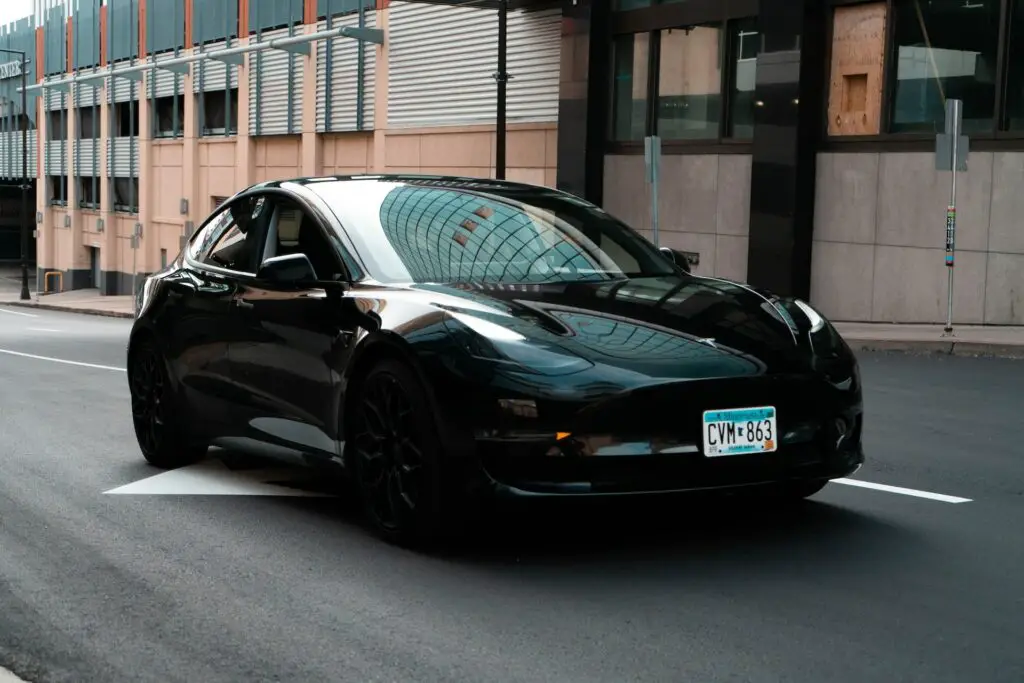
One of the distinguishing features of Tesla’s supply chain is its emphasis on vertical integration and localization. While some critical components are sourced internationally to meet demand and ensure competitiveness, Tesla also prioritizes domestic suppliers whenever feasible. By fostering partnerships with local manufacturers, Tesla reduces lead times, transportation costs, and carbon emissions associated with long-distance shipping, while also supporting local economies.
Furthermore, Tesla’s global supply chain is characterized by its agility and resilience. The company continuously evaluates and optimizes its supply chain processes to mitigate risks and adapt to changing market dynamics. This flexibility enables Tesla to navigate challenges such as geopolitical tensions, trade disruptions, and fluctuations in commodity prices, ensuring uninterrupted production and timely delivery of vehicles to customers.
In recent years, Tesla has also invested in vertical integration by bringing key components in-house, such as battery cells and electric motors. This strategic move not only enhances Tesla’s control over critical technologies but also reduces reliance on external suppliers, thereby strengthening the company’s competitive position and supply chain resilience.
Regulatory Definitions of “American Made”
In the United States, the designation of an “American made” car is subject to various regulations and standards set forth by government agencies. These regulations aim to provide clarity on the origin of vehicles and ensure transparency in labeling and marketing practices within the automotive industry.
The Federal Trade Commission (FTC) and the U.S. Department of Transportation (DOT) are among the key entities responsible for overseeing regulations related to country of origin labeling and automotive manufacturing standards. According to these regulations, a vehicle can be considered “American-made” if it meets certain criteria regarding the origin of its components and the location of its final assembly.
Typically, a car must contain a significant percentage of parts and materials sourced from the United States or its territories to qualify as American-made. Additionally, the final assembly of the vehicle must take place within the United States to meet regulatory requirements.
In the case of Tesla, the company’s manufacturing operations in Fremont, California, position it well within the regulatory framework defining American-made cars. Tesla’s vehicles undergo final assembly in its Fremont facility, which serves as a cornerstone of its production process. Furthermore, while Tesla sources components from both domestic and international suppliers, it has a substantial presence in the United States, including its Gigafactories located across the country.

Is Tesla an American made car
In conclusion, Tesla’s vehicles are predominantly assembled in its Fremont, California facility, and the company maintains a significant manufacturing presence in the United States with its Gigafactories. While Tesla sources components globally, its adherence to American regulatory standards and its contribution to the domestic economy affirm its status as an American-made car. Despite its global expansion, Tesla remains rooted in American innovation and continues to lead the way in sustainable transportation on a worldwide scale.

